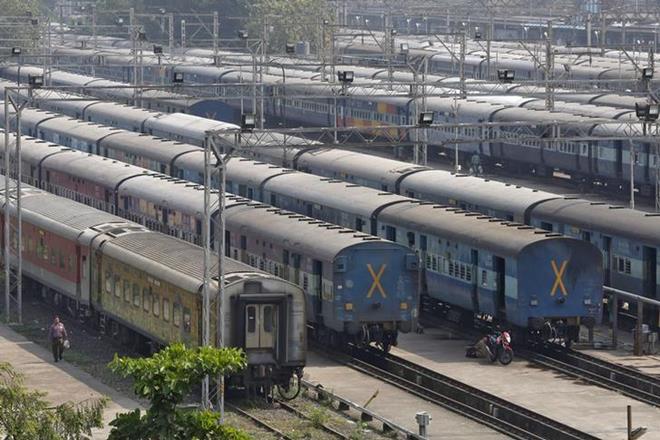For the very first time in India, the Modern Coach Factory (MCF) in Raebareli is likely to make lighter and more durable aluminium coaches, according to officials, quoted in an HT report. The coaches will have better corrosion resistance and are likely to be rolled out as early as next fiscal year. As compared to steel coaches, the lighter weight carriages consume lesser energy and also help increase train speeds. As part of a modernisation drive, Indian Railways is keen to manufacture them, the report said. Aluminium coaches have also been used by the Delhi Metro.
According to officials, for the manufacturing of aluminium carriages, the Railway Board is set to approve MCF’s project report. The officials further informed that the MCF will have to bring the technology either from Japan or Europe. Once MCF gets the go-ahead, a global tender for it will be floated. To manufacture aluminium coaches in India, a railway delegation after visiting coach factories in Europe earlier this year had recommended adoption of the technology. Japan and countries in Europe have been using aluminium coaches for at least 15 years.
MCF general manager Rajesh Aggarwal was quoted in the report saying that the aluminium coaches have the advantage of lesser weight as well as better corrosion resistance. He further elaborated that lesser weight helps in savings in haulage costs and provides better acceleration and deceleration. He also said that better corrosion resistance would need lesser maintenance requirements in the workshops. As compared to the traditional LHB (Linke Hofmann Busch) coaches, they will last longer, he added.
According to the report, the Railway Board has demanded a project report for manufacturing 500 aluminium coaches per year. Meanwhile, in its report, the MCF has proposed to manufacture 250 coaches annually in the first phase.
A railway ministry official stated that to manufacture these coaches, they will have to first be brought in at a cost of around Rs 150 crore. This is because Indian Railways does not have the technology. The official further said that in the second phase of the project, when the proposal is to come up with 500 coaches annually, an additional amount of Rs 62 crore will be required. The official added that the rate of return for this project is 25-30 per cent. Any railway project is considered commercially viable if the rate in more than 15 per cent.

